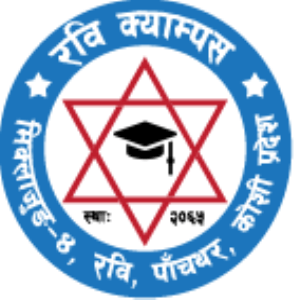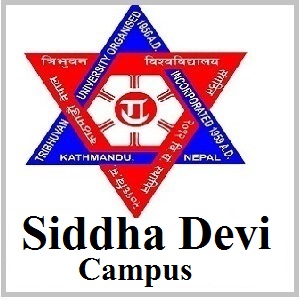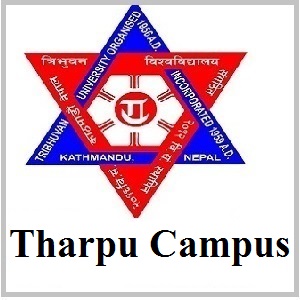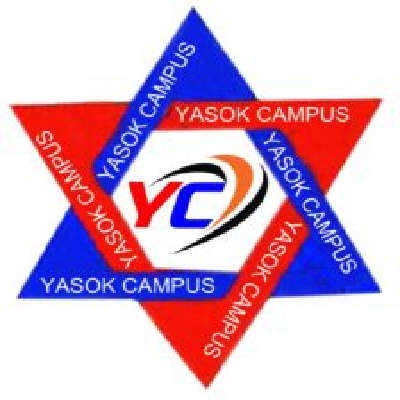Overview
Bachelor of Education (B.Ed.) at Panchthar Multiple Campus, Phidim
If you plan to teach at secondary level, the Bachelor of Education (B.Ed.) at Panchthar Multiple Campus (PMC), Phidim, Panchthar District, Koshi Province under Tribhuvan University (TU), Faculty of Education gives a clear four-year route. Students ask about majors, minors, year-wise courses, and teaching practice. This page answers those points using TU’s official B.Ed. structure.
Overview
Here’s the gist before you decide.
The B.Ed. runs four years (annual system) and requires 22 courses (2,200 marks) across communication skills, professional core, specialization major, specialization minor, and teaching practice. The program prepares teachers who can teach two subjects at secondary level.
Highlights
Here’s the quick view for planning.
-
Affiliation: Tribhuvan University (FoE)
-
Duration and system: Four years; annual examinations
-
Structure: Groups A–E (Communication Skills; Professional Core; Major; Minor; Teaching Practice)
-
Total courses/marks: 22 courses; 2,200 marks
-
Year-wise load: 600 + 600 + 500 + 500 marks
-
Location: Phidim, Panchthar
Curriculum Details
Here’s what you’ll study over four years.
-
Group A (Communication Skills): General Nepali; General English.
-
Group B (Professional Core): Philosophical & Sociological Foundations of Education; Educational Psychology; Curriculum & Evaluation; one elective from Instructional Technology / ICT in Education / ICT in Specialized Subject.
-
Group C (Specialization Major): Ten papers in one area (e.g., Nepali, English, Mathematics, Science, Health & Physical Education, Population, Geography, Economics, History, Political Science).
-
Group D (Specialization Minor): Five papers in a different area from the major.
-
Group E (Teaching Practice/Practicum): School-based practice in the final year.
Objectives
The degree builds strong subject grounding, classroom skills, and assessment literacy so you can teach two subjects confidently at secondary level and continue into postgraduate study if you choose.
Scope
Graduates enter secondary schools, community and private institutions, basic-to-secondary bridges, and education projects. Many continue to M.Ed. for leadership, training, or research roles under TU norms.
Learning Outcomes
-
Plan lessons that match secondary syllabi and student level
-
Use appropriate methods for language, math, science, and social subjects
-
Prepare, administer, and interpret classroom assessments
-
Complete a supervised teaching practice and reflect on performance
Skill Development Modules
-
Academic writing and presentation in Nepali and English
-
Classroom management and inclusive strategies
-
Basic action research and reflective logs during practicum
-
ICT use in lesson delivery (per elective options)
Teaching Methodology
Classes combine lectures, guided reading, micro-teaching, school observation, and teaching practice in the final year. Campus and mentor teachers supervise and provide feedback on your classroom work.
Admission Requirements
Worried about eligibility? Check your background against TU rules.
-
General Entry: Grade 12/HSE or TU PCL (or equivalent).
-
English Education (major): English/Linguistics background or qualifying scores per campus entrance; a 50% rule applies in set cases.
-
Mathematics Education (major): Mathematics with at least 200 marks at +2/PCL.
-
Science Education (major): Physics, Chemistry, Biology (each 100 full marks).
-
Health & Physical Education (major): Relevant background or fitness entrance as required.
-
Minor selection: Must differ from the major; Physical Science majors take Biology as minor.
Document submission follows campus notice at admission.
Career Opportunities
Typical roles include secondary subject teacher, academic support staff, school activity coordinator, or resource teacher. Graduates also prepare for teacher licensing and pursue M.Ed. for advancement.
Scholarships and Financial Aid
PMC provides merit and need-based assistance per campus policy and availability. Students from remote or low-income backgrounds should apply during intake.
Why Choose This Course?
You study close to home, follow a national TU framework, gain both major and minor depth, and complete a school-based practicum that connects coursework to real classrooms.
Conclusion
The B.Ed. at PMC offers a clear structure for becoming a secondary-level teacher in Nepal. The mix of core theory, major/minor study, and supervised practice sets you up for responsible classroom work and further study.
FAQ
Which majors and minors run at PMC each year?
Offerings follow faculty availability and student demand; the campus publishes the final list in its admission call.
When does teaching practice occur?
The practicum runs in the fourth year under Group E.
Can I take the same subject as major and minor?
No. TU requires the minor to be different from the major; Physical Science majors choose Biology as minor.





















